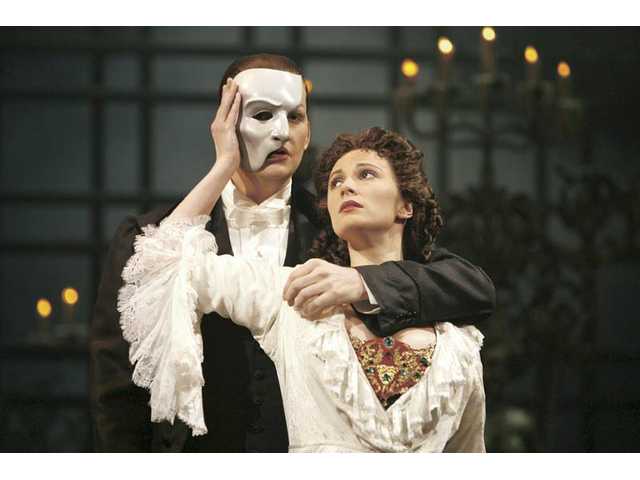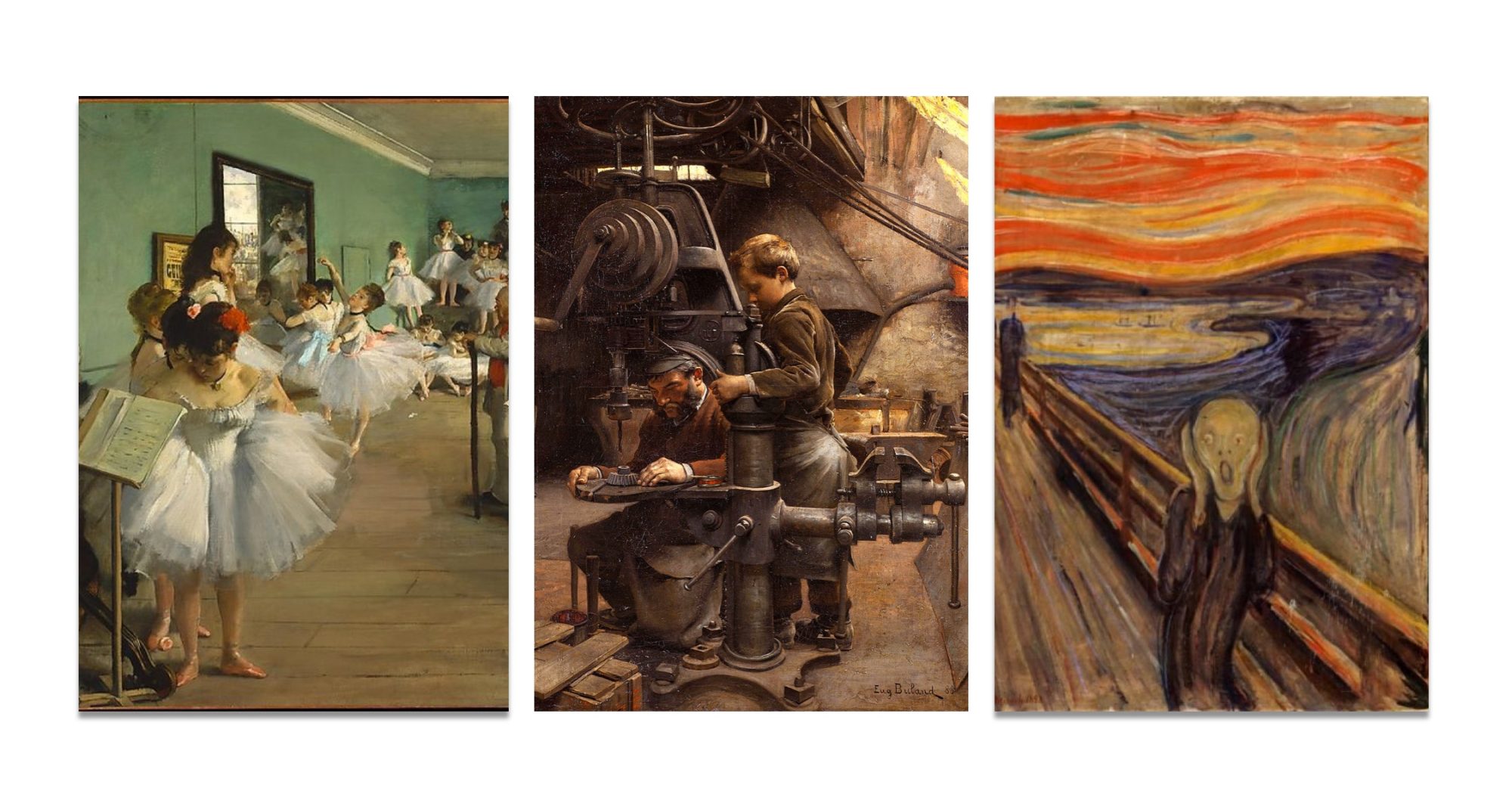Arthur Symons’ “Esther Kahn” is a story quite unlike any other. While reading, it is quite easy and natural to look for parallels between the plot and characters of that story to the plot and characters of another. Although there are apparent similarities between Esther Kahn and her contemporary characters, there are still arguably more differences.
It is quite easy to draw parallels from Esther Kahn to her contemporary fictionalized stage maidens. Christine Daae of Andrew Lloyd Webber’s musical The Phantom of the Opera, or Gaston Leroux’s nineteenth century novel Le Fantôme de l’Opéra off which it is based, is, like Esther, a beautiful and talented female stage performer. She and the woman she replaced, Carlotta, are both showered with gifts from their admirers, men professing their love and proposing marriage to them. Though these men claimed to love the women, they can not be trusted; as it was in Esther’s case, they are loved for their talent, or more accurately, they are idolized and worshiped for their talent. Though both the women of Le Fantôme do find love with men who genuinely care for them, this is where Esther’s story becomes quite unique.

As it says in the story, Haygarth did not love Esther for her cleverness or value as a person, he only kept her company for her talent, as he could improve it. When she began to love him, he moved to the next promising thing, just as the fanboys of Carlotta eventually moved to Christine. When Esther performed his play and proved what an outstanding and effortless actress she was, he came begging for her favor again. The story ends with a most beautiful and tragic image of Esther as she realizes it does not matter what she does, for the man she loves does not truly love her, only her talent.
This is an image of ruin we have yet to approach- this woman is talented and desired, yet she is distraught, and in essence, ruined. The very first time she falls in love she unknowingly gives her heart to a selfish fool who, regardless of what he says, will never genuinely return her love. She is left with the final decision: does she take back the man who will never love her, only to give herself to the man she loves? Or does she sever ties, knowing it may be for the best, but leaving behind the idiotic man she so ardently loves?
-LG
Leroux, Gaston. Le Fantôme de l’Opéra. Pierre Lafitte and Cie. 1911.
Symons, Arthur. Spiritual Adventures. “Esther Kahn”. Archibald Constable and Company: London. 1918.
